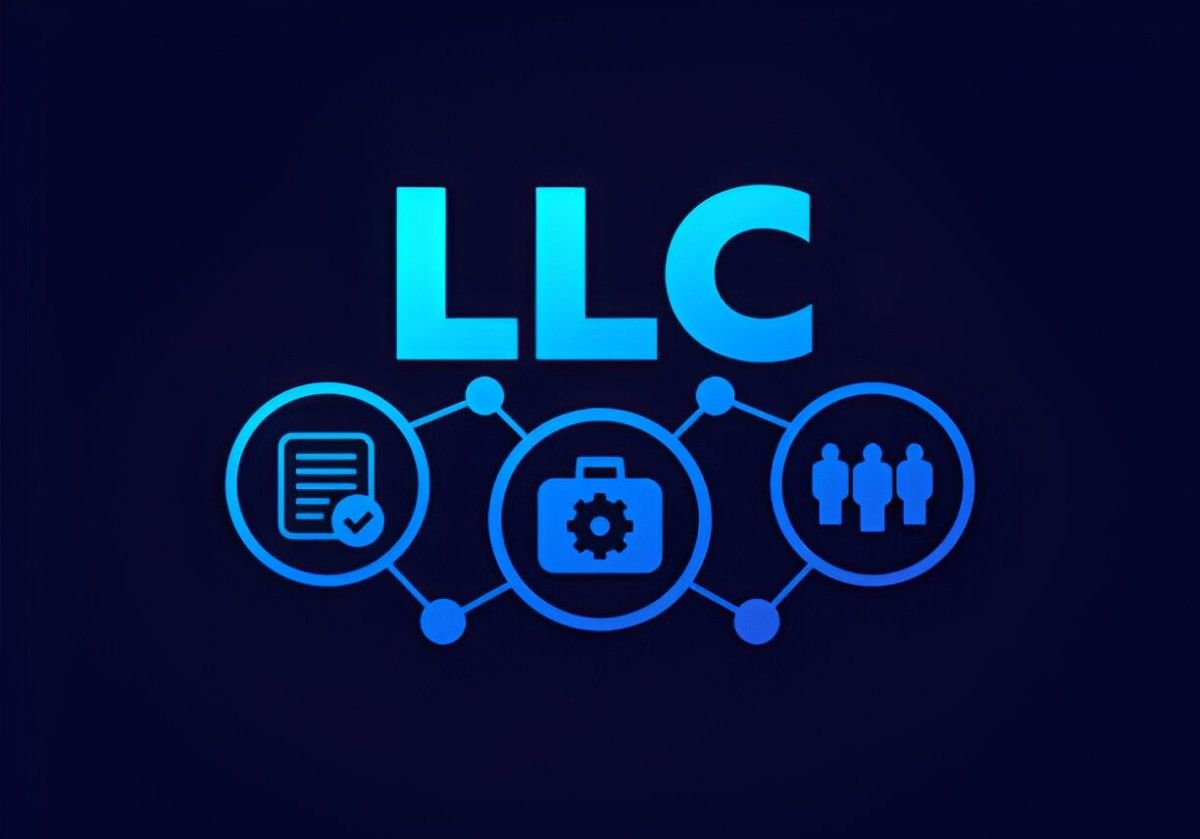Limited liability is a fundamental concept in business and finance. It shapes how companies operate, how investors take risks, and how legal protections shield personal assets. In this article, I explore what limited liability means, why it matters, and how it applies in real-world scenarios. I also break down key calculations and legal considerations to give you a complete understanding.
Table of Contents
What Is Limited Liability?
Limited liability is a legal structure that protects shareholders and business owners from being personally responsible for a company’s debts or legal obligations. If a business fails, creditors can only claim the company’s assets, not the personal wealth of its owners. This principle encourages entrepreneurship by reducing financial risk.
The Legal Framework
In the U.S., limited liability applies to entities like:
- Corporations (C-Corps and S-Corps)
- Limited Liability Companies (LLCs)
- Limited Partnerships (LPs)
Sole proprietorships and general partnerships do not offer limited liability. Owners in these structures bear full responsibility for business liabilities.
Why Limited Liability Matters
Encourages Investment
Investors hesitate to fund ventures where personal assets are at stake. Limited liability reassures them that losses are capped at their investment amount. For example, if you buy \$10,000 worth of stock in a company, you cannot lose more than that sum, even if the company goes bankrupt with millions in debt.
Promotes Business Growth
Entrepreneurs take calculated risks knowing their personal savings, home, or other assets remain protected. Without this safeguard, many would avoid starting businesses altogether.
Facilitates Capital Raising
Publicly traded companies rely on limited liability to attract shareholders. If investors feared unlimited liability, stock markets would struggle to function.
Mathematical Perspective: Risk and Liability
To quantify risk, we use expected loss (EL):
EL = P \times LWhere:
- P = Probability of loss
- L = Potential loss amount
Without limited liability, L could exceed the investment, making EL unpredictable. With limited liability, L is fixed at the invested capital, stabilizing risk assessment.
Example Calculation
Suppose you invest \$50,000 in an LLC. The business fails with \$200,000 in debt.
- Without limited liability: You might owe \$200,000 (or a portion based on ownership).
- With limited liability: Your maximum loss is \$50,000.
Comparing Business Structures
| Structure | Liability Protection | Taxation | Ownership Flexibility |
|---|---|---|---|
| Sole Proprietorship | No | Pass-through | Single owner |
| General Partnership | No | Pass-through | Multiple owners |
| LLC | Yes | Pass-through or Corporate | Flexible |
| Corporation | Yes | Corporate | Shareholders |
Real-World Examples
1. Tech Startups
Many Silicon Valley startups form as LLCs or C-Corps to attract venture capital. If the startup fails, founders and investors lose only their invested funds, not personal assets.
2. Small Businesses
A freelance graphic designer operating as a sole proprietor faces unlimited liability. If sued, personal savings could be seized. Converting to an LLC shields personal assets.
3. Corporate Bankruptcy: Lehman Brothers (2008)
When Lehman Brothers collapsed, shareholders lost their investments, but creditors could not pursue shareholders’ personal wealth. This exemplifies limited liability in large corporations.
Criticisms and Limitations
Moral Hazard
Some argue limited liability encourages reckless behavior. Executives might take excessive risks knowing losses are capped.
Creditor Disadvantages
Creditors face higher risk since they cannot recover debts from owners’ personal assets. This often leads to stricter lending terms for LLCs and new corporations.
Legal Exceptions: Piercing the Corporate Veil
Courts may disregard limited liability if:
- Fraud is detected (e.g., hiding assets).
- Commingling of personal and business finances occurs.
- Legal formalities (e.g., annual filings) are ignored.
Tax Implications
Pass-Through vs. Corporate Taxation
- LLCs & S-Corps: Profits pass to owners’ personal tax returns.
- C-Corps: Subject to corporate tax, with potential double taxation on dividends.
The choice depends on revenue, growth plans, and tax strategy.
Conclusion
Limited liability is a cornerstone of modern business. It balances risk and reward, fostering innovation while protecting personal assets. Whether you’re an entrepreneur, investor, or student of finance, understanding this concept is crucial. By structuring your business wisely, you can leverage limited liability to secure your financial future.





